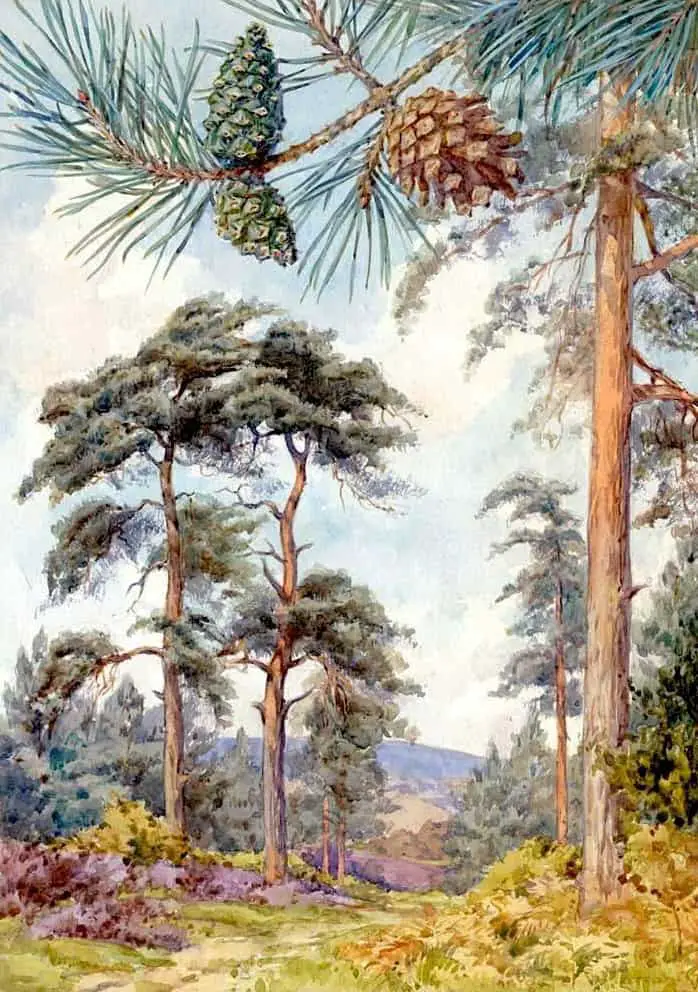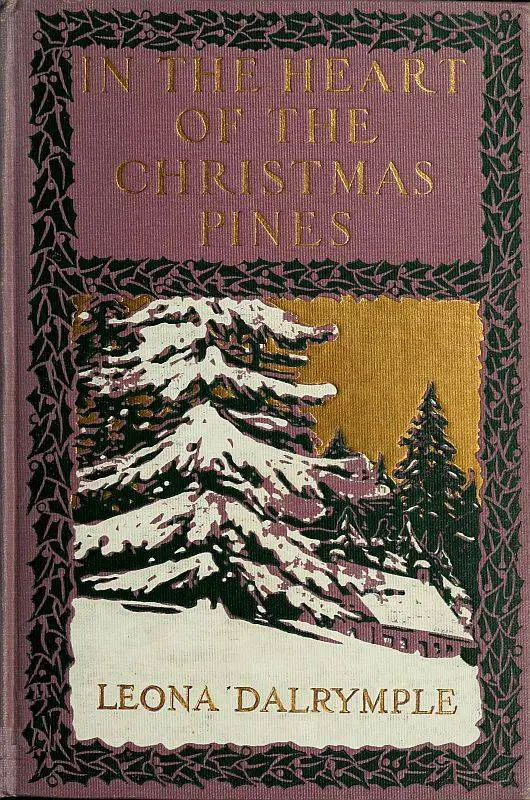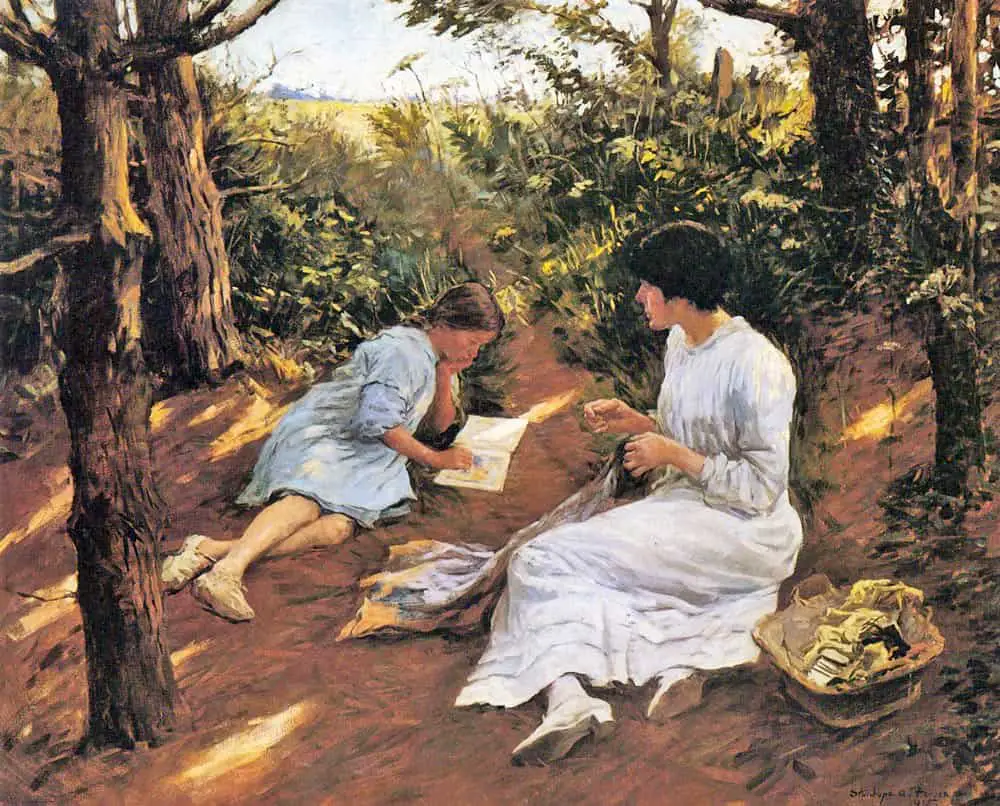“Pine” is a short story from a collection called If I Loved You, I Would Tell You This published 2010, written by Robin Black. This is a wonderful example of a contemporary story loosely based on an old fairytale—this time it’s Bluebeard.
“Pine” is also an excellent example of a story which centres a homophone in which several of its meanings have been extracted for narrative purposes: Pine as in wood and pine as in longing. This serves to unify the story. Importantly, Heidi’s kitchen is NOT made of pine. This would be perhaps too trite and convenient. The narrator thinks the kitchen SHOULD have a pine floor rather than a hard marble one.
Look out for how Robin Black uses the symbol of the beach chair in winter to show that the main character is out of sync with other people’s perception of time.
NARRATION IN “PINE”
“Pine” is written with first person narration. The opening scene describes a kitchen — the kitchen of a woman named Heidi, whose stand-out feature is that she is missing one leg.
THE BLUEBEARD CONNECTION
What is the story function of Heidi? Why does this first section and this character exist?
First, this is the author establishing a pattern: Our main character is an outsider in general, not just with her friend/boyfriend.
Second, the artificial leg is highly symbolic. Our main character feels she has lost a part of herself when she lost her husband. Heidi serves as a contrast character but in a way that’s physically apparent — some people get the emotional equivalent of an artificial limb after bereavement, which means they’re never quite the same but are able to function nonetheless. In contrast, others never manage to get to that point, forever stuck in utter despair because you feel incomplete.
“Did I tell you this is her fourth leg? Her fifth, actually, if you count the first. The original limb.” I reach across and pour us both more wine. “Do you suppose she keeps them all? Do you suppose she has them locked up somewhere? Like Bluebeard’s wives?
Pine, by Robin Black
In the Bluebeard fairytales, a broken man murders a succession of wives. This is a sort of modern, gender-flipped version in which a bereft wife symbolically ‘murders’ her own chance at happiness with (not coincidentally) five people in this story: The three women in the kitchen, who she might otherwise have become friends with, and with Kevin, her friend/boyfriend.
STORY STRUCTURE OF “PINE”
SHORTCOMING
Like the first person narrator, the reader is a visitor in Heidi’s kitchen. Like the narrator we, too, feel left out of the discussion between woman friends who obviously have a long backstory and know each other well. This is a relatable situation — we’ve all been the newcomer at some point. It’s an uncomfortable feeling.
This is the narrator’s initial Shortcoming. Drill one layer deeper — her One Great Shortcoming — the shortcoming that is ruining her life is that she is failing to achieve new and meaningful human connections since her husband died.
Extrapolating from that: The reason she doesn’t want to get close to anyone is because people just up and die on you. Why risk your feelings like that?
The following song was written by an artist whose own mother lost her husband at a young age to an aneurysm in his sleep. https://www.youtube.com/watch?v=hqj8_RdLoJE
(Supposed) Moral Shortcoming: Running hot and cold with the friend/boyfriend while failing to either open herself fully to the idea of a relationship or be clear that it’s never going to happen.
Of course, no one ever owes anyone else a relationship, even if sex has been had. There is another thread to this story which is ripe for discussion. “Pine” is not necessarily a tragedy simply because a woman didn’t get together with a man. Perhaps he just isn’t the right one? Perhaps they were important to each other for a short time, and that time had its upper limit.
This is therefore a story about the Erotics of (Emotional) Abstinence and reminds us that life is short, and that life comprises a series of episodes which have distinct endings, each ending serving to prepare us for our own death.
The following passage reminds me of a technique utilised also by Alice Munro — the inclusion of young women and older women. The reader is encouraged to consider these differently aged characters as one person, only at different stages of her life. An older woman looks at a younger one and sees her younger self gone; alternatively she may look at an older woman and see herself in three decades’ time:
…they call my daughter Ally one day and then Lyssa the next, as though she were their property, to name and claim. As though she no longer belongs to me and only I have not figured that out. Deceptively clothed in bell-bottoms and horizontal stripes, outfits reinvented from my own youth, they are the trumpeters of my daughter’s departure, the harbingers of yet another loss. They are the clock ticking forward with no concern for me.
“Pine” by Robin Black
It’s all to do with creating that sense that time comes for us all and there’s no going back.
Tragically, we never know exactly when those inflection points are going to be, because sometimes, other people end things for us.
DESIRE
Perhaps the narrator wants human connection, but she is sabotaging this wish with her actions. Instead she settles for a mimicry of human connection — visits to the kitchen of a new acquaintance; occasional sex with the friend who wants to become her boyfriend.
OPPONENT
It’s not a level playing field. My foes do not play fair.
“Pine”, Robin Black
Who are the foes? ‘Death and all of its traveling companions’, we are told in the next sentence. However, any given stories needs human opposition who stand in for these existential enemies.
This is an anti-romance, so her main opponent is the man who wants to be her boyfriend. Though they both want the same thing, he’s emotionally able to have it while she is not. So they will remain forever in opposition.
Heidi is also an opponent in this story, and an excellent example of an ‘opponent’ who does nothing whatsoever to deserve that status. Instead, she is the unwitting enemy in the main character’s own psychological struggles. When the narrator says Heidi should have put down a pine floor rather than a hard one, the narrator is really criticising herself for being so emotionally ‘hard and cold’ (like marble). When the narrator says Heidi is in denial, it is the narrator who is actually in denial. This is clear from the second paragraph: “If it were me”. This is the author telling us that Heidi IS ‘me’.
“I almost envy Heidi,” our narrator says, after Heidi’s husband puts her hand on Heidi’s artificial knee, and when it’s clear that Heidi can somehow feel that gesture. In stories about two women, the women often envy each other, craving in another woman what she doesn’t have herself.
PLAN
Keep people at bay. Don’t get too close. Do the bare minimum to ward off utter loneliness.
We have a passive character here, so it’s up to the opponent to create the conflict. This argument they have isn’t exactly planned — rather, the boyfriend seems to snap, and says things he’s been thinking for a while.
BIG STRUGGLE
Sure enough, the boyfriend confronts her at her daughter’s sports match — a symbolic place to have a Battle scene.
ANAGNORISIS
The Opponent is the one who has the Anagnorisis. He realises our main character is not open to a relationship with him, ever. https://youtu.be/rg-3a6Hy-yc
The concept of Main Character is a little problematic in stories like these because normally the very definition of Main Character is ‘the one who changes the most’ ie. the one who has the Anagnorisis. Technically, you could argue the boyfriend is the main character, except we don’t see the setting through his eyes in this particular narrative. Even the title is named after a feeling of Kevin’s:
“I’ll bet he’s secretly pining over you,” [Alyssa] says
NEW SITUATION
This is a rare example of a story in which the main character starts with Slavery, has a chance at Freedom but because of a failure to have any sort of Anagnorisis, returns instead to Slavery.
Another example of this kind of story is The Wrestler, starring Mickey Rourke. Likewise in that story, the love interest is the one who has the Anagnorisis — Randy’s girlfriend moves on without him.

Margaret Tarrant – Scots Pine 
Charles L. Wrenn 
Stanhope Alexander Forbes – Amongst the Pines

